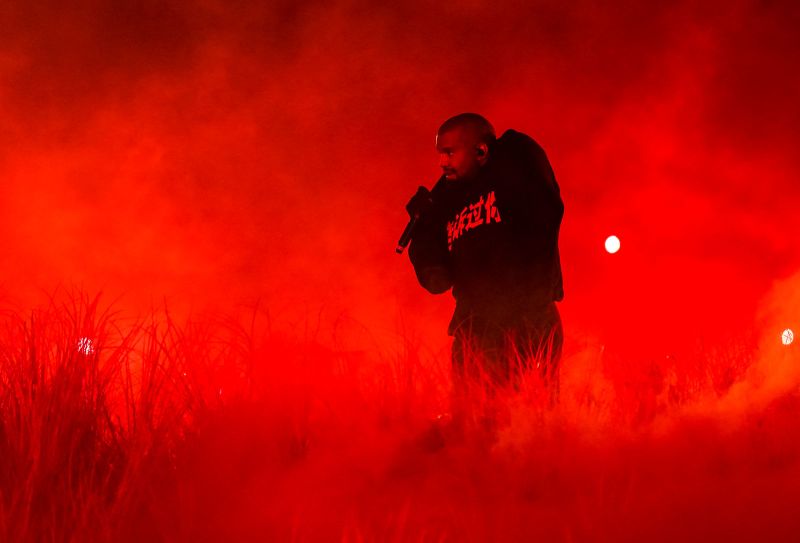Body:
The People’s Republic of China has one of the most stringent and comprehensive censorship policies on the planet. However, amidst the severe restrictions, it has perpetuated a glaring anomaly — it let Kanye West, a renowned yet controversial American hip-hop artist, hold concerts in Shanghai and Beijing, despite his contentious worldwide reputation and a discography that is filled with often provocative, rebellious, and politically charged lyrics. So, how did Kanye West manage to navigate through the Great Firewall of China despite being a figure synonymous with controversy and dissent?
Firstly, China’s robust censorship policy relies on the principle of preserving social harmony and stability. Any content that could instigate social unrest, challenge the authority, or is considered ‘vulgar’ and ‘harmful’ by the state, ends up getting censured. However, one should not misunderstand the Chinese censorship policy as a blanket ban on everything foreign. The Chinese government encourages cultural exchanges that it perceives as being in alignment with its values and does not pose any potential threat to its political control.
Kanye West might be a controversial figure in the West due to his views on politics, mental health, and society. Still, he is predominantly recognized in China as an influential figure in the realms of music, fashion, and pop culture. His music, specifically his earlier work, has not been outwardly political or directly critical of the Chinese government. This could be a plausible reason behind the Chinese government’s decision to allow him to perform.
Furthermore, the Chinese government has often employed a selective approach to censorship. In this context, the authorities might have deemed Kanye West’s concerts to be a significant opportunity to bolster its international image. By allowing a globally renowned artist like Kanye to perform, the government presents an image of a culturally inclusive nation open to global influences, thereby mitigating criticisms about its otherwise stringent regulations.
Another element is the commercial aspect. Kanye West commands a massive fan-base due to his global influence, and his concerts inevitably draw large crowds. This translates into significant economic benefits from ticket sales, hospitality, and various other sectors – a lucrative prospect that the Chinese government and businesses could not afford to miss out on.
Lastly, it’s worth noting the efficacy of self-censorship, an aspect that is heavily ingrained in Chinese society, online platforms and the entertainment industry, all of whom are well aware of the government’s red lines. There’s a high probability that Kanye West and his team were also conscious of these boundaries and hence tailored his performances to be in compliance with Chinese regulations.
In conclusion, the fact that Kanye West was allowed to perform in China could be attributed to a myriad of reasons. These could range from his global influence, the absence of explicit political content in his music, the commercial benefits his concerts bring, and his awareness of Chinese censorship regulations. This incident serves as a reminder that, while the Chinese government maintains a firm grasp on information within its borders, it is not impervious to the impacts of global cultural phenomena and the pragmatic benefits that they can bring.




